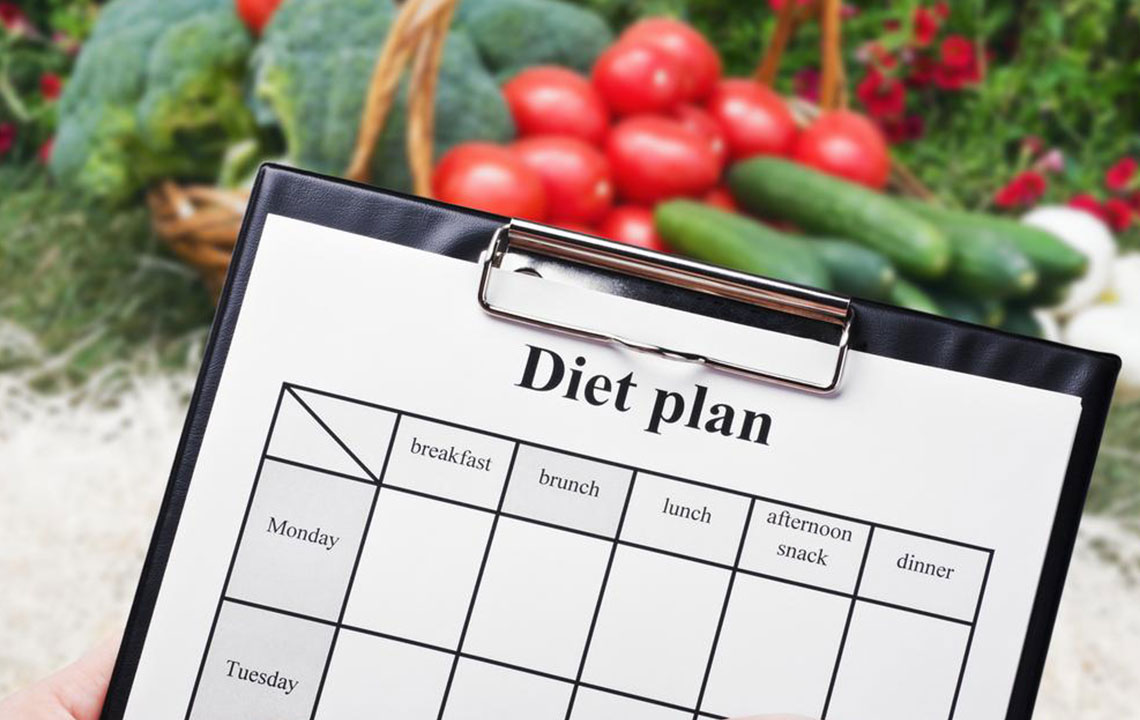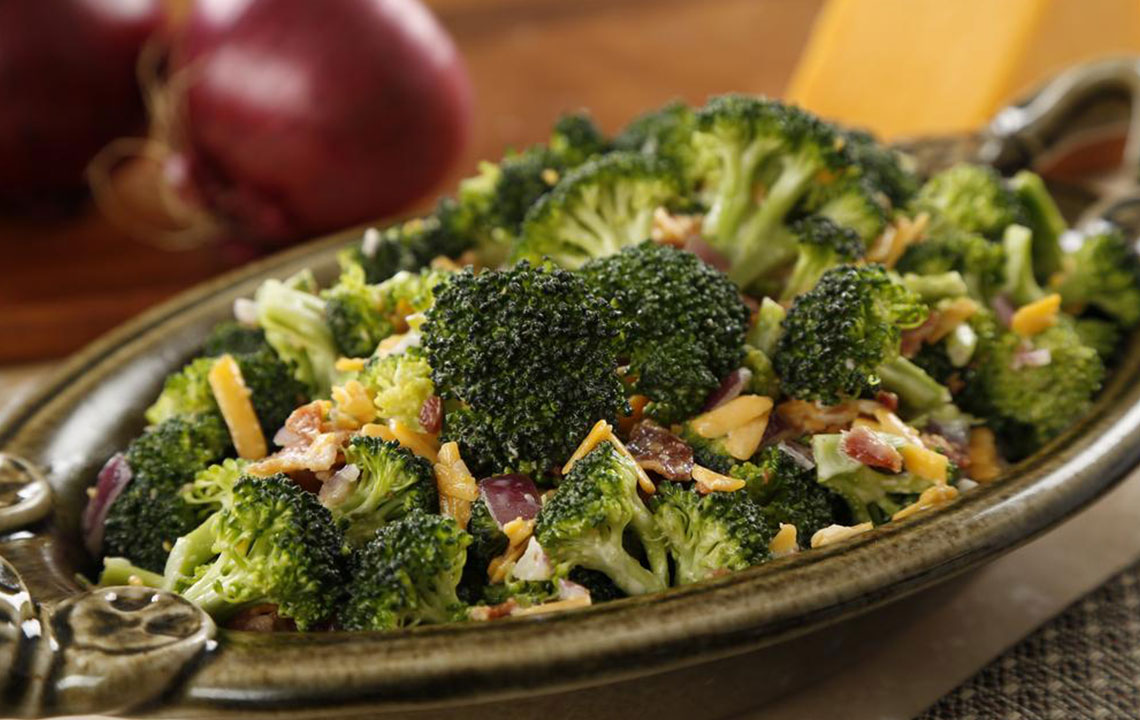Top 5 Diet Strategies for Managing IBS and Promoting Digestive Health
Explore five effective dietary strategies to manage irritable bowel syndrome (IBS). From Low-FODMAP and intermittent fasting to high-fiber and gluten-free diets, learn practical tips to improve digestion and alleviate symptoms. Consulting a healthcare professional before making significant changes is recommended for best results.

Top 5 Diet Strategies for Managing IBS and Promoting Digestive Health
IBS, or irritable bowel syndrome, is a condition marked by unpredictable bowel habits. Some individuals suffer from diarrhea, while others experience constipation. Common symptoms include cramping and abdominal discomfort, affecting daily life. Consulting a healthcare professional is essential, but making targeted lifestyle adjustments and following specific diets can alleviate symptoms. Below, we explore five effective dietary approaches to support healthy digestion and improve bowel function.
Low-FODMAP Eating Plan
This approach involves temporarily reducing foods high in FODMAPs—fermentable oligosaccharides, disaccharides, monosaccharides, and polyols—to lessen digestive fermentation and discomfort.
FODMAPs are short-chain carbohydrates that can ferment in the gut if not properly digested, leading to symptoms like bloating and cramps. The low-FODMAP diet restricts many common foods, but it's a temporary plan designed to identify triggers, promoting gut balance over 3 to 8 weeks.
Intermittent Fasting Method
This method combines periods of normal eating with short fasting windows, such as the popular 5:2 rule—eating normally five days and significantly reducing calorie intake for two. On fasting days, intake is limited to about 500-600 calories. This regimen can assist with weight loss, improve metabolic health, and reduce IBS symptoms, while allowing enjoyment on non-fasting days. It involves minimal food restrictions, making it an approachable and effective strategy.
High-Fiber Diet
Incorporating plenty of fiber from fruits, vegetables, and whole grains can enhance stool bulk and promote regular bowel movements. Aim for 20-35 grams daily, with soluble fibers (found in oats, apples, carrots) being especially helpful if bloating occurs. Many people fall short of recommended fiber intake, so increasing fiber can significantly relieve constipation and support gut health.
Low-Fiber Eating Strategy
For those experiencing gas or diarrhea, reducing fiber intake—particularly insoluble fiber—can mitigate symptoms. Focus on soluble fiber sources in moderation, such as oats and apples, and limit high-insoluble options like broccoli, nuts, and raw vegetables. This approach helps calm irritated intestines without sacrificing essential nutrients.
Gluten-Free Plan
People intolerant to gluten—found in wheat, barley, and rye—may experience worsened IBS symptoms. Eliminating gluten-containing foods can help improve gut health. Nowadays, gluten-free alternatives like pasta and bread are widely accessible. A prior allergy test is recommended before adopting this diet to ensure appropriate dietary adjustments.










